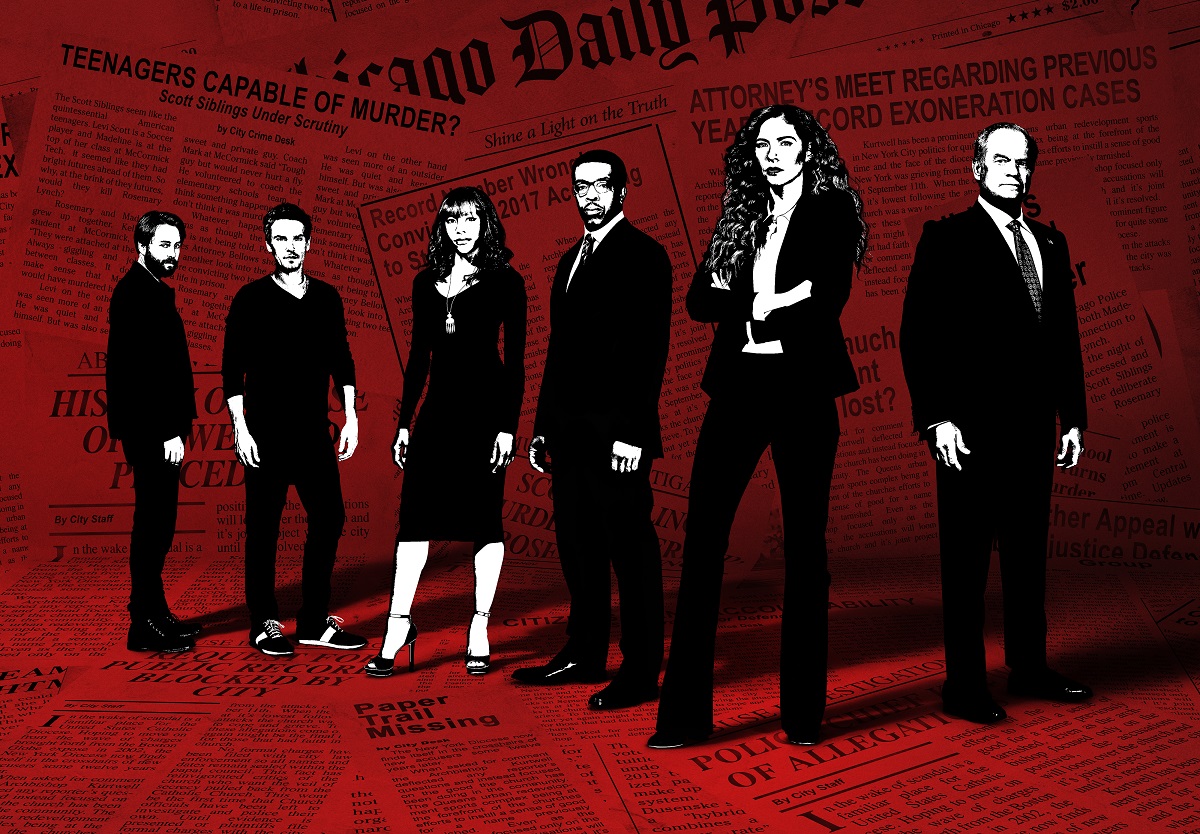There’s something disheartening about seeing talented performers and socially resonant themes smothered in weak writing coming out of the mouths of two-dimensional characters. The issues at play in FOX’s “Proven Innocent” demand a level of nuance that the writing team behind this show are either uninterested in providing or incapable of doing so. Don’t get me wrong – not everything on television needs to be deep. I’m down for escapism as much as the next critic. For example, I enjoy the way Ryan Murphy and company take things so far over the top that they almost parody the emergency subgenre on “9-1-1”. And shows like “Scandal” and “How to Get Away with Murder” found ways to incorporate real-world messages into tabloid narratives, anchored by great central performances. Don’t get me started on how well “Law & Order: SVU” embeds its messages into the mystery-of-the-week format. The truth is that, despite a couple of potentially great performances that could reluctantly bring me back, “Proven Innocent” doesn’t deserve comparison to any of these shows. It’s guilty of way too many TV sins.
“Proven Innocent” stars Rachelle Lefevre as Madeline Scott, a Chicago attorney with a dark past that has given her a driven present. Along with her brother (Levi Scott), she was wrongfully convicted at the age of 18 for the murder of a classmate in a case pushed into a national story by an aggressive prosecutor named Gore Bellows (Kelsey Grammer). Now that she’s been released, she fights for justice as a part of a group clearly founded on the real Evanston-based Innocence Project. The attorney who helped set her free after a decade behind bars, Easy Boudreau (Russell Hornsby), is by her side, as is a team that includes a quick-talking investigator named Bodie Quick (Vincent Kartheiser) and a communications director named Violet Price (Nikki M. James), who runs a podcast about injustice from the office mostly just so we can get an exposition dump via narration every now and then.

Like so much network television, “Proven Innocent” will clearly alternate a case-of-the-week narrative with a series-long narrative. For the latter, Scott is actually investigating the murder of which she was accused, and Bellows still thinks she’s guilty. For the former, the two episodes sent for review center on the stories of a woman accused of killing her children in a fire and, in what will actually be the fourth episode aired, a Muslim woman accused of killing her newborn baby in a case that’s being used as a political talking point. In the best subplot of either episode, Hornsby’s Boudreau has to wrestle with his pro-life personal beliefs in the defense of a woman who’s clearly being shamed by a justice system in part because of her religion. There’s a whole interesting show or movie embedded in that subplot.
Sadly, how that subplot plays out here is indicative of the problems with “Proven Innocent.” Hornsby is a phenomenal actor, robbed of an Oscar nomination for his work in “The Hate U Give,” but the writers here don’t really trust any of their performers with a single moment of subtlety. “Proven Innocent” is one of those shows in which everyone says either what they know or what they feel with every line of dialogue. I’m not expecting great character development in a show like this one, but the cheesy dialogue betrays the sincerity of the subject matter. And these performers, especially Hornsby, Kartheiser, and Grammer are up to a greater challenge.
I kept thinking about the same cast (with the possible exception of the miscast Lefevre) in a darker, risk-taking show about the same subject. As Grammer notes in one scene, violence has become part of the narrative in the way people see Chicago, a city I love. Truly exploring how injustice, inequality and violence have shaped each other in this city through the eyes of a driven attorney and her nemesis? There could be a great show there. And maybe “Proven Innocent” becomes that once it finds its footing and stops talking down to its viewers and actually digs into its characters. For now, the jury is still out, and it doesn’t look good.
Episodes 1 and 4 screened for review.












